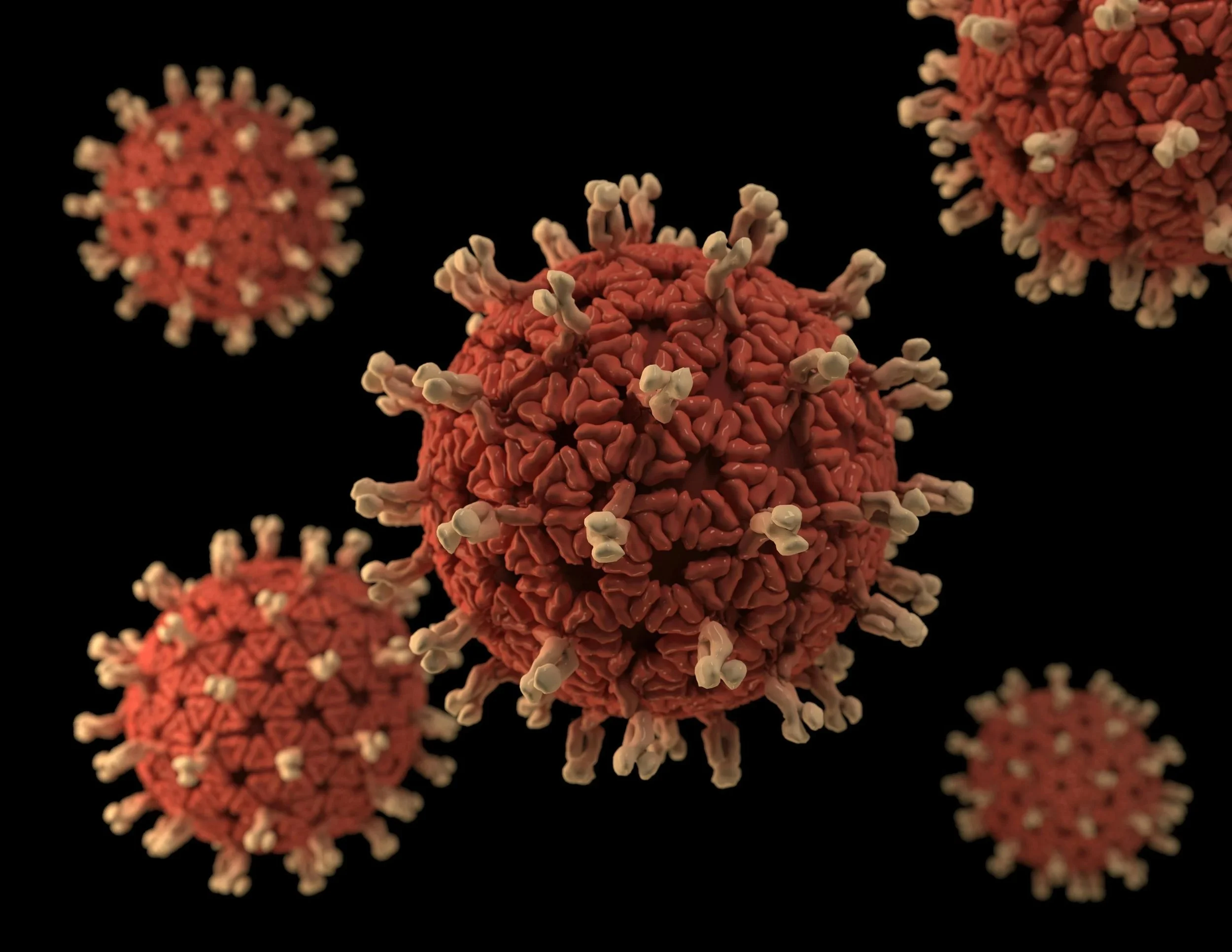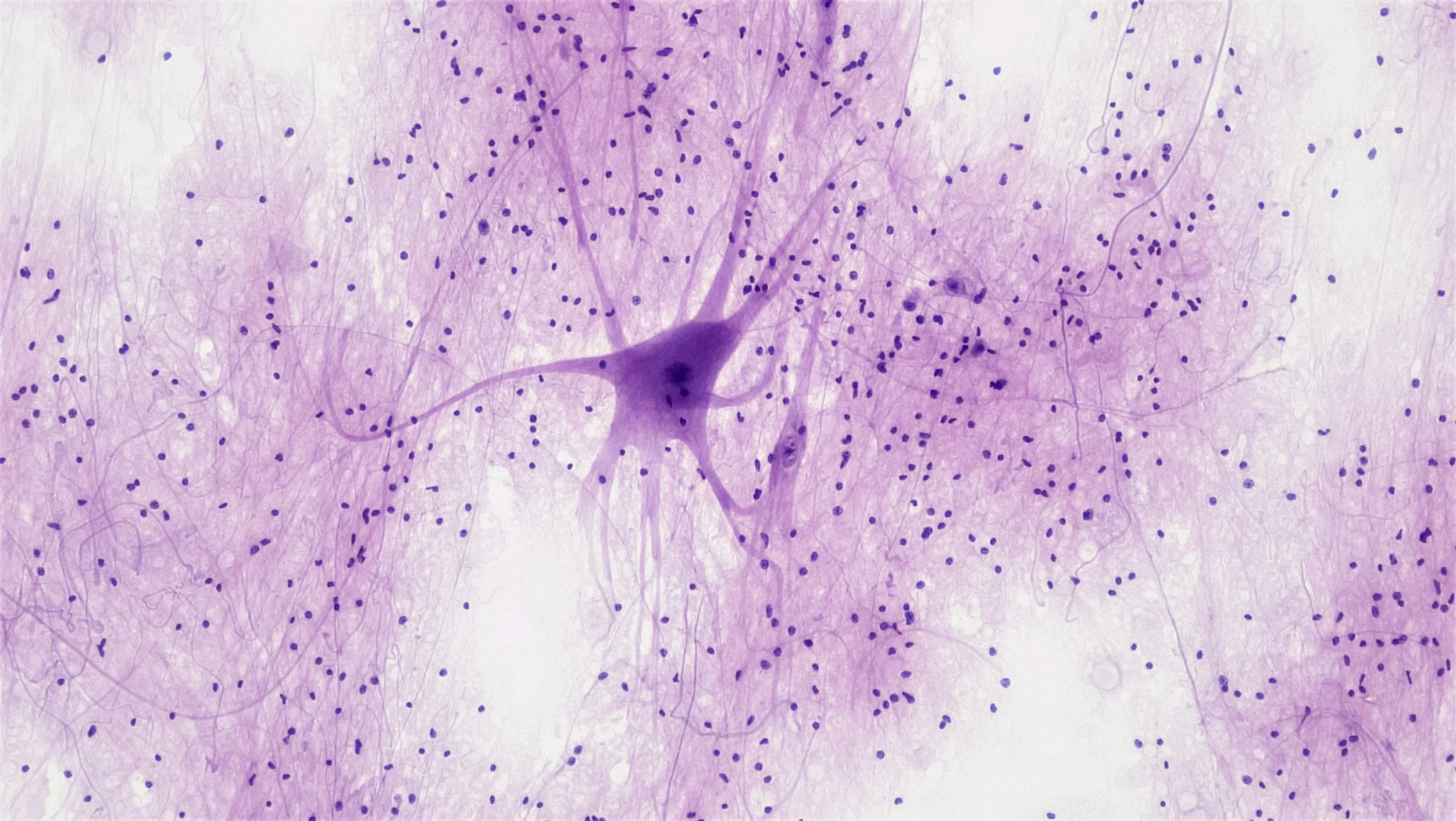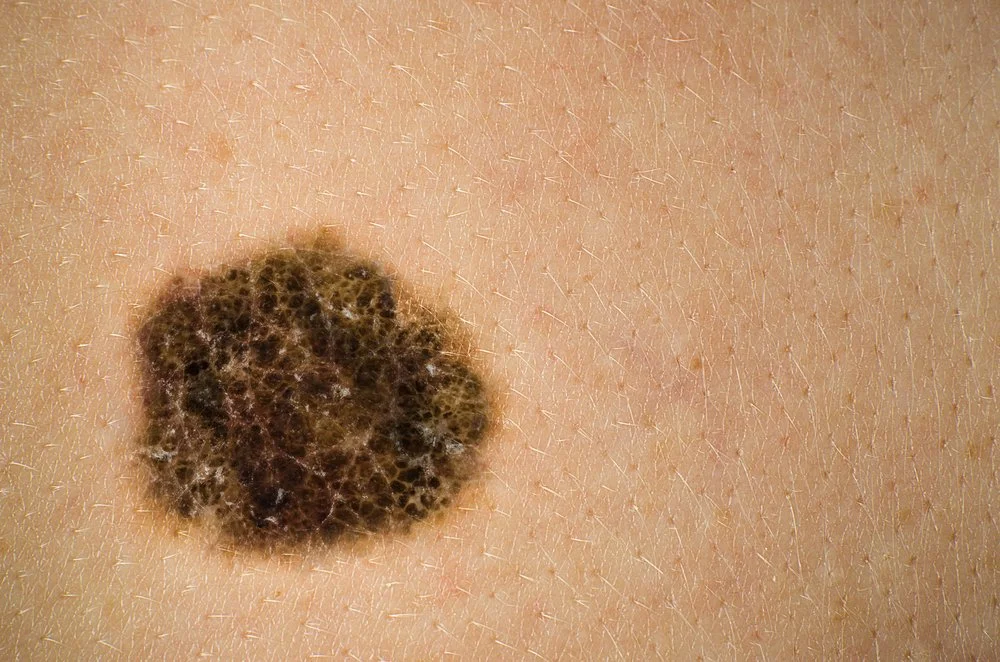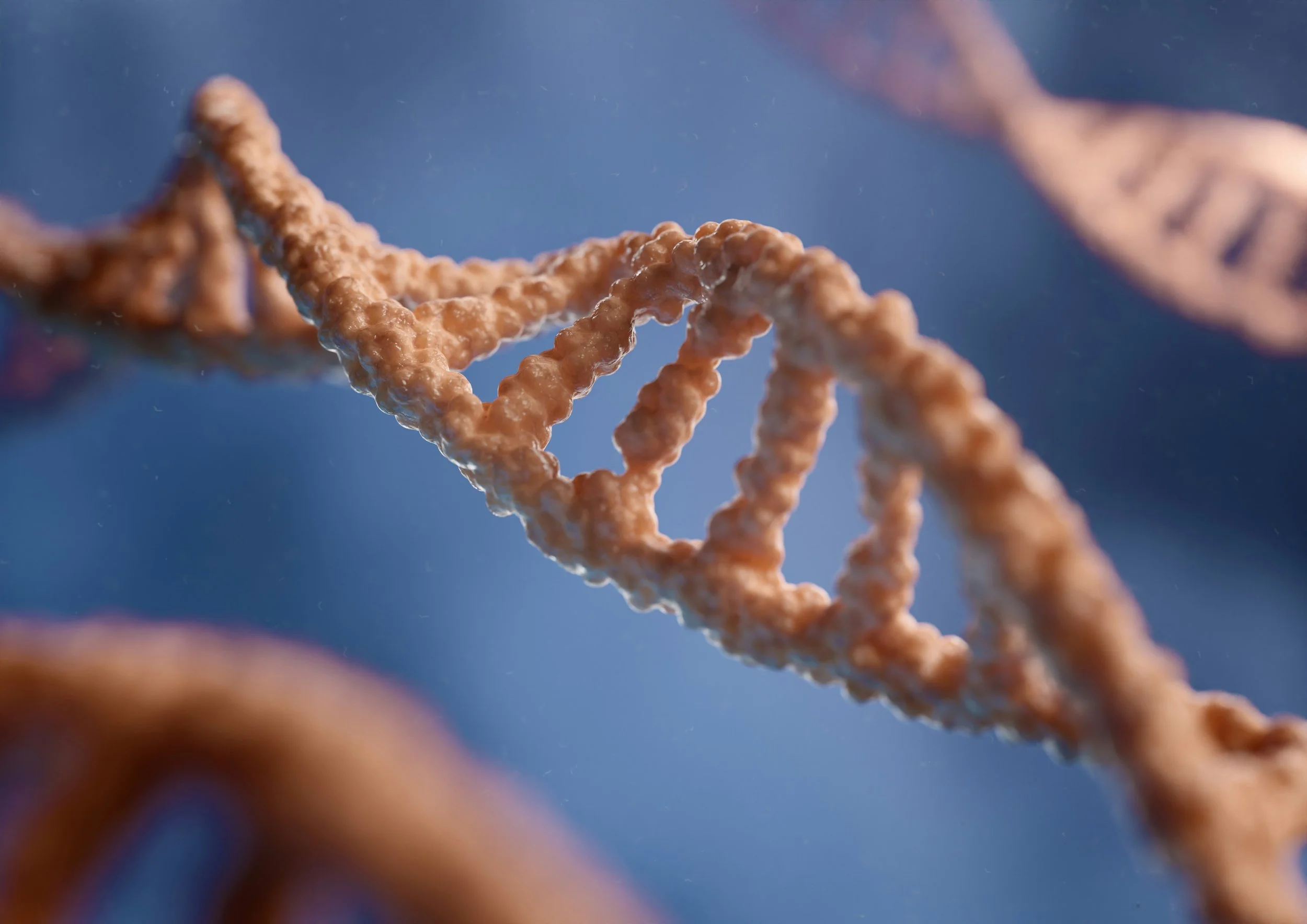
Could existing drugs stop autoimmune organ scarring?
Researchers at the University of Virginia have identified immune cells that drive scleroderma scarring. In lab models, targeting macrophages completely stopped fibrosis, opening the door to potential drug repurposing strategies.

Could Your Smartphone Predict Your Next Flare?
For those living with autoimmune diseases, the unpredictable nature of "flares"—sudden increases in joint pain, stiffness, and fatigue—can make daily planning a challenge. However, new research reported in ACR Open Rheumatology suggests that the device already in your pocket might soon offer an early warning system.

Why does joint damage continue in rheumatoid arthritis patients—even during remission?
Rheumatoid arthritis (RA) affects nearly 1.5 million Americans, with almost 5% of women over 55 living with this chronic autoimmune condition. While modern treatments have improved symptom management, many patients still experience continued joint damage even during remission. Yale researchers may have discovered why.

Could a New Therapy Replace Hours-Long IVIG Infusions?

Can air pollution trigger autoimmune disease?
Canadian researchers have discovered a troubling connection between air pollution and immune system changes associated with autoimmune conditions like lupus and rheumatoid arthritis.

Is there a tie between Brain Waste-Clearance Impairments and ME/CFS?
A new perspective article from Stanford researchers proposes that dysfunction of the glymphatic system—the brain’s waste-clearance network—may be a key driver of the symptoms behind Myalgic Encephalomyelitis/Chronic Fatigue Syndrome (ME/CFS).

Can New Stem-Cell Tools Change How We Study Autoimmune Diseases?
Scientists at CHUV in Switzerland have developed a new way to study autoimmune diseases that affect organs we can’t easily biopsy, like the brain. This technique uses stem cells to create neurons and other brain cells in the lab, allowing researchers to watch how a patient’s immune system interacts with their own neurons.

Donate to the Autoimmune Registry for Giving Tuesday!
For this upcoming Giving Tuesday on December 2nd, please consider donating to our cause! Every donation*, big or small, makes a difference. Together, we can create a future where no one faces autoimmune disease alone.

What is the link between Epstein-Barr virus and lupus?
In a new study by Stanford Medicine, researchers have found compelling evidence that EBV is a direct driver of systemic lupus erythematosus (SLE), the most common type of lupus.

Could maternal type 1 diabetes protect children from developing the disease?
A recent study published in Nature Metabolism analyzed around 2,000 mother-offspring pairs to investigate the relationship between maternal type 1 diabetes (T1D) and the epigenetic makeup of their children.

Could this protein lead to new treatment options?
Autoimmune research continues to discover new targets for treatments that can help patients manage their diseases. A new study by Swansea University in Wales found a protein that regulates energy production in immune cells and could be a target for new treatments.

Key immune system discoveries win the 2025 Nobel Prize in medicine!
Earlier this month, Mary E. Brunkow, Fred Ramsdell, and Dr. Shimon Sakaguchi were announced as the winners of the Nobel Prize in Medicine or Physiology for their groundbreaking discoveries on how the immune system functions and regulates itself.

Can a new blood test help diagnose chronic fatigue syndrome?
ME/CFS is a difficult syndrome to diagnose. Researchers from the University of East Anglia, in collaboration with biotechnology company Oxford Biodynamics, have developed a blood test to diagnose ME/CFS.

What is the impact of menopause on women with autoimmune disease?
Although some studies show that declining estrogen levels during menopause can worsen autoimmune symptoms for many women, other research examining the impact of menopause has conflicting results, and symptoms may vary from woman to woman.

Is there an autoimmune component to neurodegenerative diseases?
New research from La Jolla Institute for Immunology (LJI) and Columbia University Irving Medical Center (CUIMC) reveals that there may be an autoimmune component to amyotrophic lateral sclerosis (ALS).

Are there early warning signs before rheumatoid arthritis symptoms appear?
Even though RA mostly affects older individuals, a study led by the University of Colorado Anschutz revealed that RA disease progression can silently begin years before symptoms first appear.

Could a daily arthritis pill slow the development of type 1 diabetes?
According to a recent Australian study known as BANDIT (Baricitinib in New-onset Type 1 Diabetes), a widely used drug has shown promise in slowing the progression of type 1 diabetes.

What's the relationship between melanoma and autoimmune diseases?
Autoimmune diseases and cancer are both complex conditions that impact one's health. While cancer and autoimmune diseases are distinct entities, research shows a growing body of evidence suggesting a link between the two.

Is there an association between mRNA stability and autoimmune disease risk?
In a study done at the University of California, Los Angeles (UCLA), researchers examined the impact of mRNA stability on autoimmune disease risk.

What's the connection between suppressing anger and autoimmune disease?
There is a long-held belief that suppressed emotions can contribute to physical illnesses. Experts like Dr. Jolene Brighten believe that there is a connection between suppressed emotions and autoimmune disease.
